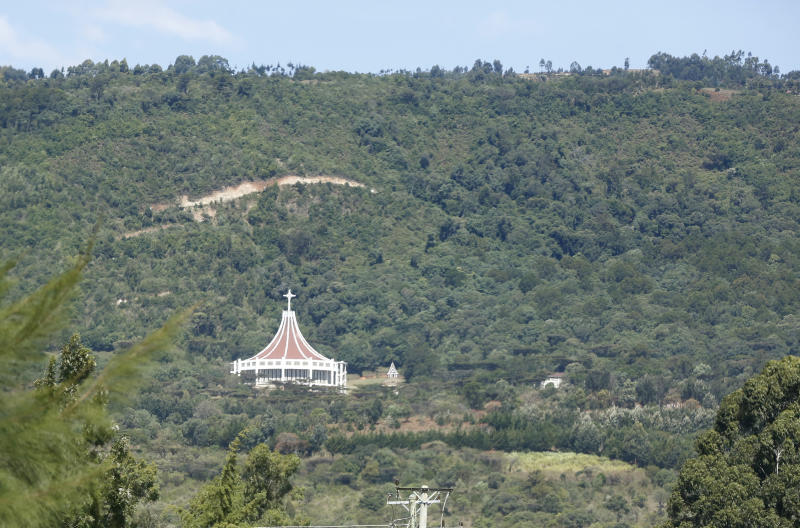×
The Standard e-Paper
Join Thousands Daily

Kenya remains hard hit by the effects of climate change.
These include droughts and floods that negatively impact food and water security, leading to a significant loss of our Gross Domestic Product (GDP) of about 3 to 5 per cent annually. To reverse this negative trend, one of the key mitigating factors is the planting of more trees to ensure Kenya attains the 10 per cent forest cover.